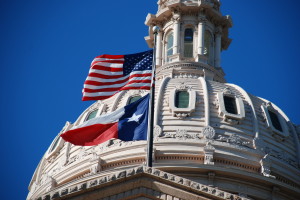 2016 Salk Institute Breakthrough Biomedical Philanthropy Seminar, La Jolla, California
2016 Salk Institute Breakthrough Biomedical Philanthropy Seminar, La Jolla, California
It is always exciting to take part in the Salk Institute’s annual two-day summit, which couples the worlds of philanthropy and science through featured presentations and panel discussions. The topic I presented was Trustee Liability and Whistleblowing, specifically focusing on state and federal standards of conduct applicable to directors and trustees of private foundations. This paper further underscores best practices for these decision makers, highlighting tools to limit liability and emphasizing the importance of diligence in carrying out duties and responsibilities.



